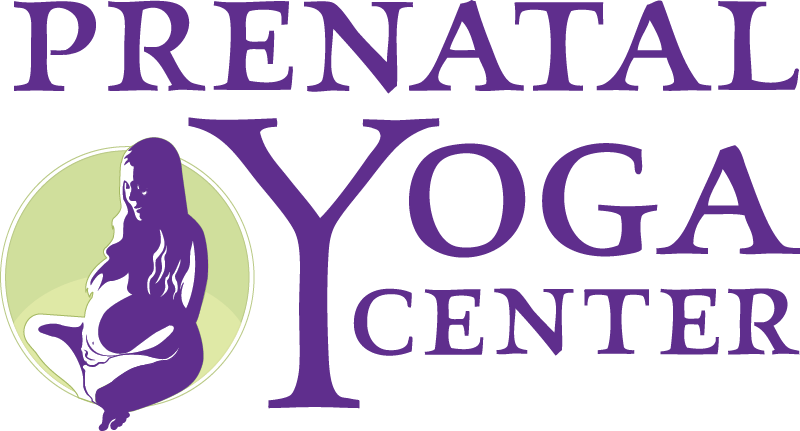
The notion of “bedside method” has lengthy been and nonetheless is a key consideration in healthcare. At present, with mounting pressures from administrative burdens and ongoing physician shortages, it’s troublesome for physicians to seek out the time to really join with their sufferers. Sufferers endure from this lack of consideration and relationship formation: they need and want time to share their emotions, get solutions, and totally perceive their physician’s steering.
Delivering private care just about
Training, help, and ongoing communication “on the bedside” informs medical doctors and empowers sufferers to make higher choices all through their well being journey. In a shopper survey, 87% of respondents indicated they had been happy with their digital appointment and would select digital care (over in-person care) if it supplied better high quality time with the doctor. Eighty p.c reported seeing a specialist within the prior 24 months.
The physician-patient relationship is especially vital in specialty care, since specialty care typically requires each instant consideration and long-term follow-up. Sufferers needing specialty care usually need a relationship the place the specialist deeply understands their situation—and the place they will empirically belief the steering of the specialist.
At present, digital care centered on entry to specialists delivers on the bedside comforts of in-person care and gives a number of further benefits that may construct an excellent stronger relationship between specialist and affected person:
- Good “webside” (bedside) method. At present’s in-person visits common about quarter-hour, however digital conferences with specialists can final practically an hour— and this extra time builds rapport and instills confidence in sufferers. Specialists have the time to attach and take care of sufferers on a private stage, and sufferers depart the appointment with solutions, training, steering, and the arrogance they should make higher, extra knowledgeable choices.
- Centered, personal appointments. In a digital appointment, there are not any distractions of a medical workplace: no voices within the hallway, no beeping devices, and no intercom bulletins. Specialists can give attention to listening, asking considerate questions, and sharing medical experience with depth and nuance. Sufferers can take part from a cushty and personal location of their selecting, permitting them to share particulars and talk about choices at size.
- Cultural competence and better alternatives for concordant care. Digital specialty care networks transcend the boundaries of geography, making it doable to match sufferers to medical doctors skilled with a selected gender, way of life, language, ethnicity, or cultural custom—and eliminating boundaries that may impede care. This sense of belonging helps personalised, inclusive care.
- Quick entry and ongoing help. With quick entry—in days and even hours—specialists can be found when sufferers really want them. For individuals residing with power or complicated situations like most cancers, hypertension, sciatica, or lengthy Covid, digital specialty care gives straightforward follow-up and continuity of care.
Digital entry to prime quality specialists means a robust human connection
Whereas some individuals query how digital care will be efficient with out bodily contact, it’s clear that in-person appointments should not often delivering on growing a complete understanding of a affected person’s want and holistic well being. Trusting relationships are on the heart of high quality care. Constructing on the comfort and satisfaction of digital main care, digital specialty care excels in offering the time, consolation, care, and understanding that sufferers need.
Picture: elenabs, Getty Photos


